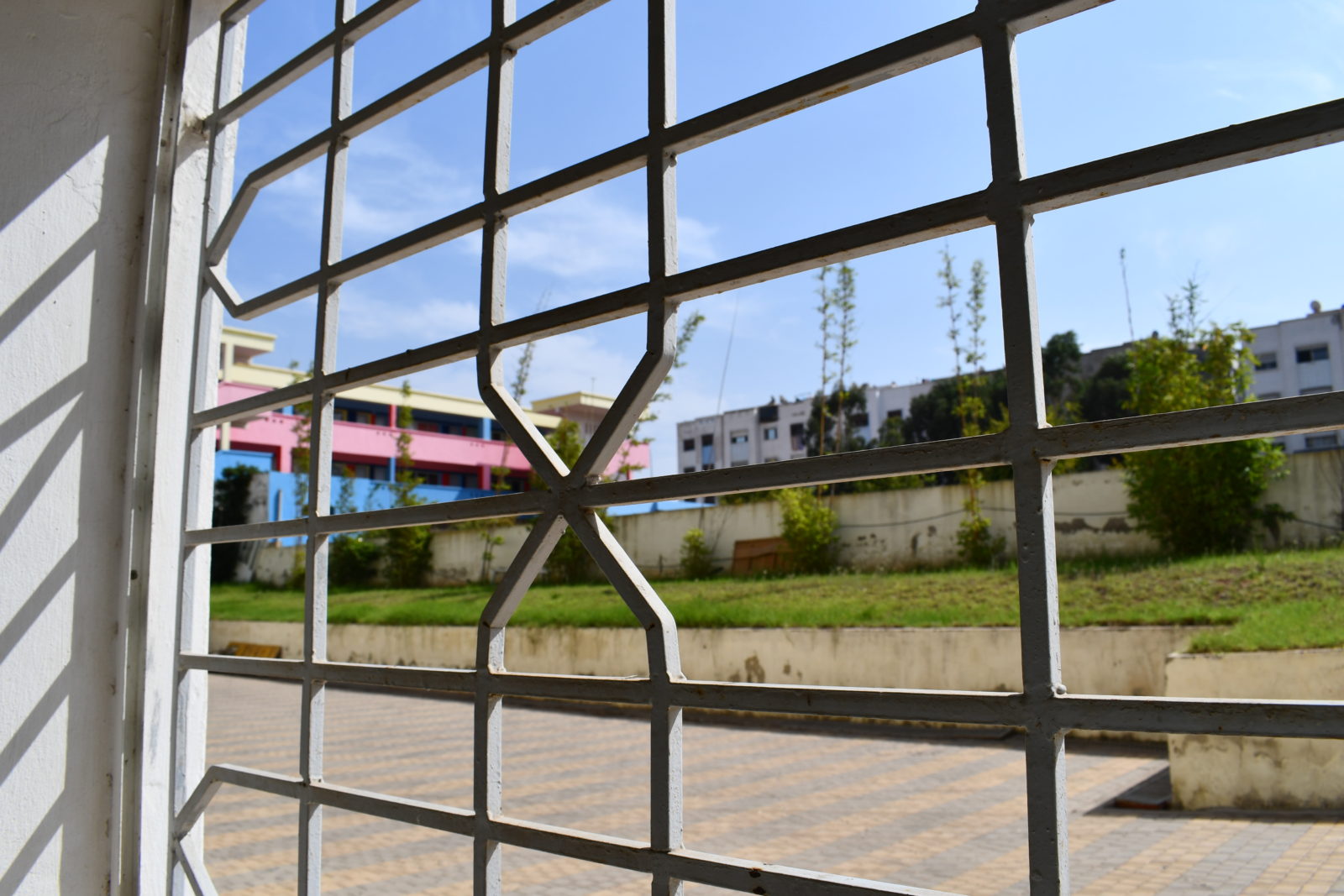COVID-19 has brought the world to its knees. Recent estimates state that the pandemic could push 115 million people into extreme poverty, the first increase in decades. The crisis is causing vast economic and social consequences, far beyond just rates of infection, that will impact us for years to come. Devastatingly, higher rates of orphaned and abandoned children around the world is an inevitable, tragic byproduct of this pandemic.
Jo Becker, Child Advocacy Director at Human Rights Watch, recently stated that because of the virus “More and more children are going to be left without parents,” and that, “when children are orphaned, they become much more vulnerable to sex trafficking, to child labor and other forms of exploitation.”
In a recent conversation with Director Almir, he informed us the intake rate at his Fes orphanage has increased since the pandemic began. So much so, that another orphanage has opened nearby to alleviate some of the burden. This is not surprising considering children in Morocco are most often abandoned due to the loss of a parent, or by families in poverty that believe the orphanage will provide better access to food, shelter and education.
Higher rates of abandonment, coupled with the virtual shut down of adoptions due to travel restrictions and court closings, will stretch child welfare institutions in Morocco beyond capacity.
Orphanage life is a tragic choice for any child, so every effort must be made to keep families together. Children in orphanages not only deal with the loss of family, but also food insecurity, poor education, poor living conditions, stunted growth and vulnerability to disease and exploitation.Young adults that have grown up in orphanages are ten times more likely to fall into sex work than their peers, and are five hundred times more likely to die by suicide. All too often, children aging out of Morocco’s orphanages go on to become street children and remain stuck in a vicious of cycle of poverty.
The pandemic is also exposing deep disparities in education. It is estimated that more than 91% of the world’s students are out of school, with many being forced into ‘virtual learning’. As a result, vulnerable, poor children, are being further marginalized due to issues such as a lack of internet access, learning materials and resources.
The global call to action by humanitarian organizations has been loud and clear – vulnerable children must be protected and supported through this pandemic or the long-term effects will be catastrophic.
UN Secretary General Antonio Gueterres has called for strong collective action and BLOOM Charity is proud to be a partner in this effort. With higher rates of abandonment, less adoptions, less donations, and deeper disparities in education, our work is more critical than ever. BLOOM’s work ensures children in orphanages face less deprivation across the three dimensions of the Multidimensional Poverty Index (MPI): Health, Education and Living Standards. BLOOM does this by building green spaces in the orphanages and facilitating programs in early childhood development, education and mental health support. Our Early Childhood Development programs target the cognitive, emotional and resource limitations faced by disadvantaged children. They improve school readiness, stamina, cognitive health and social-emotional wellbeing. Our Magical PlayGardens provide safe outdoor spaces for the children to safely spread out and play. Our spaces are further enhanced through ongoing Enrichment Programs that provide early childhood experiences required for long-term health and success.
BLOOM’s work reduces inequality and helps break the cycle of poverty for Morocco’s abandoned and orphaned children. BLOOM will continue to work hard to advocate for and support orphaned children in Morocco, improve their quality of life, and support them through this crisis. They need us now more than ever.

